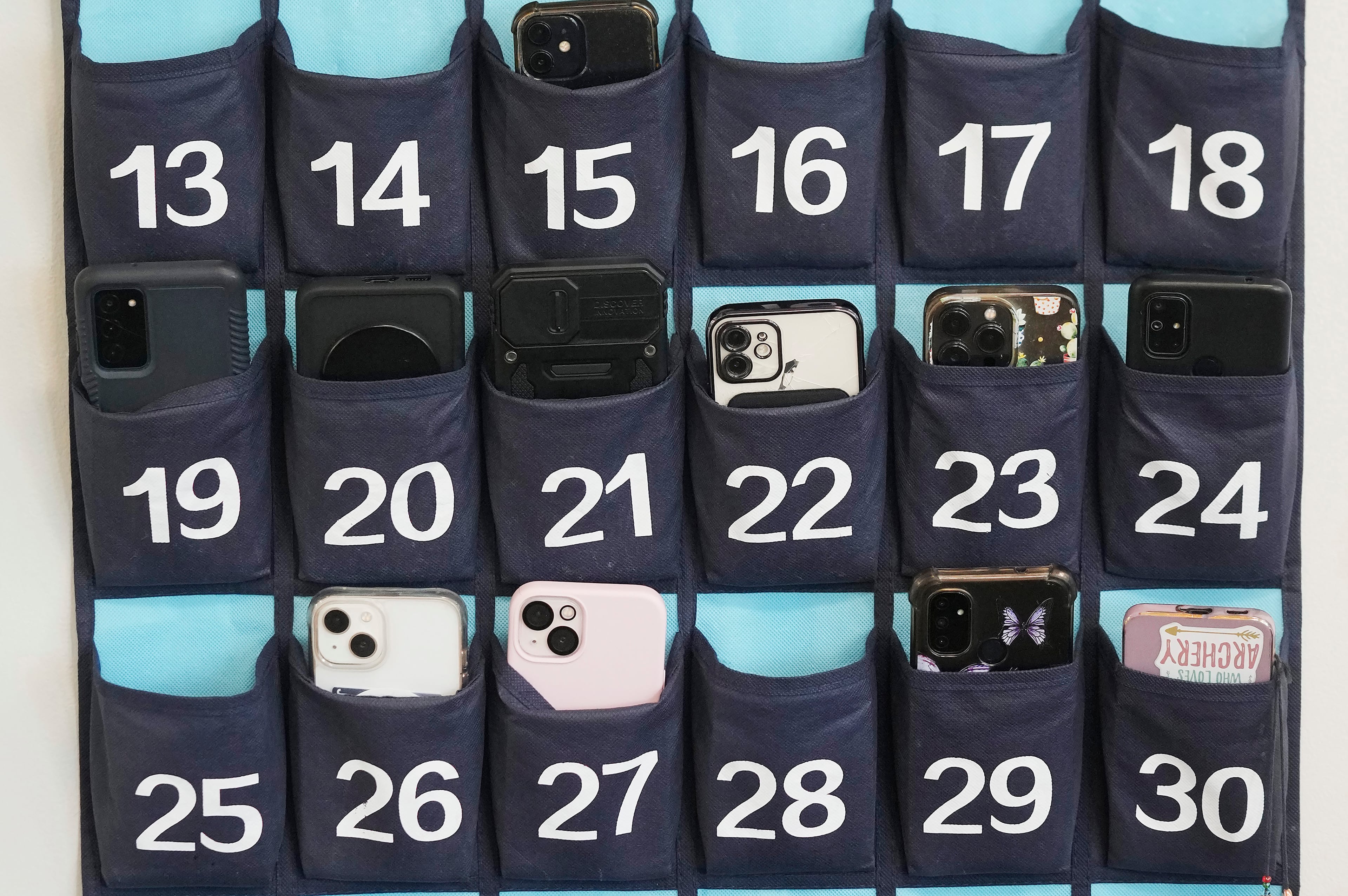Committee backs Georgia bill targeting e-cigarette sales to minors

A bill that would crack down on e-cigarette use in minors passed in committee on Tuesday.
Senate Bill 298, proposed by state Sen. Renee Unterman, R-Buford, is designed to reduce e-cigarette and tobacco use among minors.
It would create a penalty system for selling vaping devices to minors that mirrors the penalties for selling alcohol to minors.
Under the penalty system, the first offense to knowingly selling tobacco products to someone under 21 would be a misdemeanor, and all further offenses would be a high and aggravated misdemeanor.
If a minor is caught with tobacco products, he or she would be subject to probation for a first offense and a misdemeanor charge for all further offenses.
Another key component of the bill would require all e-cigarette vendors to obtain a license to sell the product. The sellers would not have to get a new license if they already sold other tobacco products, but they would have to check an additional box on a licensing form that they intended to sell e-cigarettes.
The reason for this part of the bill is to make it easier to track where the vaping devices are coming from.
Unterman said the reason for the tracking is a safety measure.
“If you have a sudden admission to the emergency room with 12 people, you need to know why and how many shops are selling in the area,” she said.
SB 298 also would ban flavored vape pods, and require that schools educate students on the effects of tobacco use as part of their drug and alcohol education programs.

